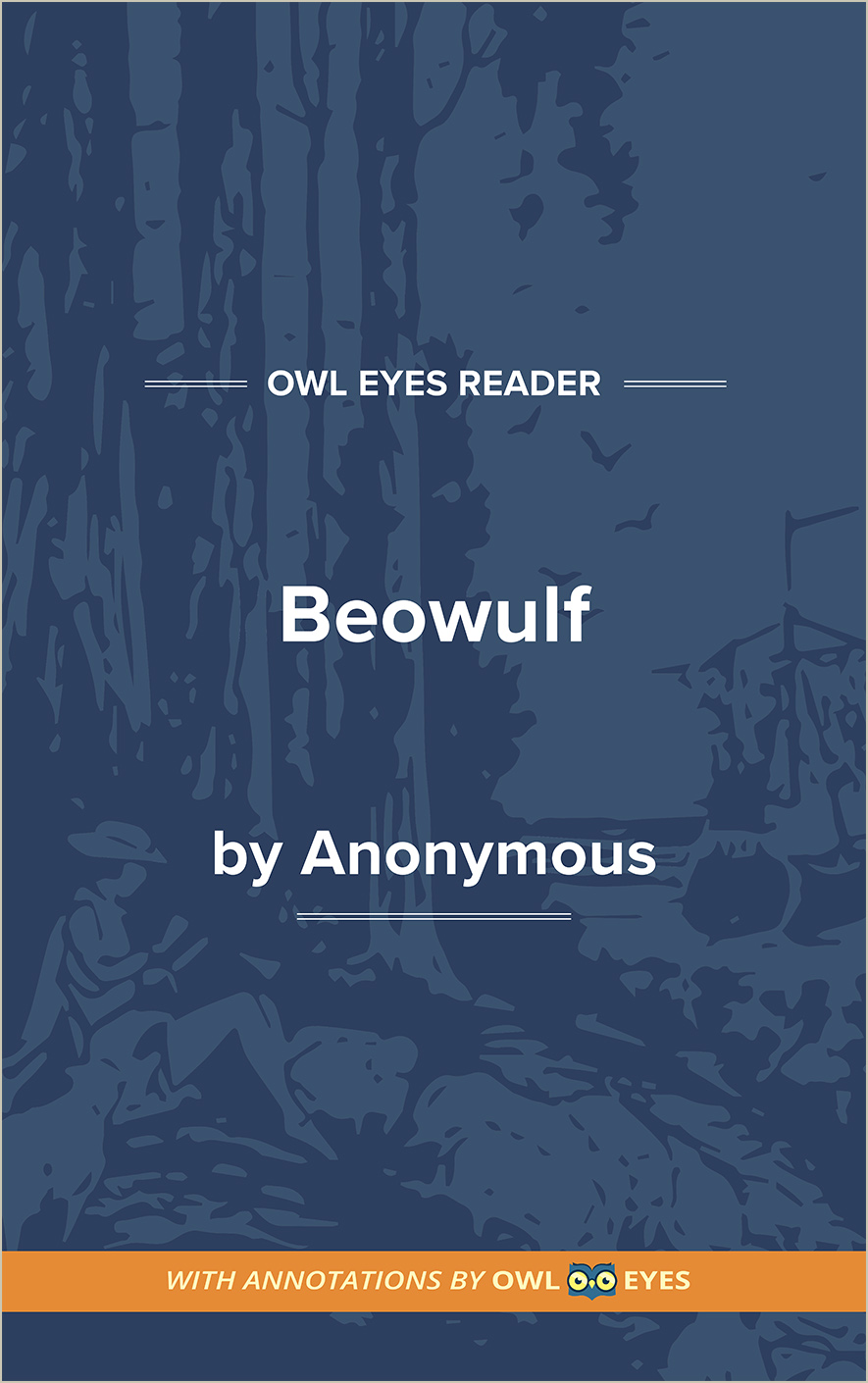Analysis Pages
Vocabulary in Beowulf
Vocabulary Examples in Beowulf:
I
🔒"welkin..." See in text (I)
"outward..." See in text (I)
"atheling..." See in text (I)
"Scyld the Scefing..." See in text (I)
II
🔒"the moor-fens, the marsh and the fastness..." See in text (II)
"winsome wold..." See in text (II)
"Heorot..." See in text (II)
"save..." See in text (II)
"bairn..." See in text (II)
VII
🔒"Goes Weird as she must go!..." See in text (VII)
"this single petition..." See in text (VII)
"I remember this man as the merest of striplings..." See in text (VII)
X
🔒"wight..." See in text (X)
XII
🔒"That by might and main-strength a man under heaven..." See in text (XII)
XIV
🔒"(a good king he)..." See in text (XIV)
"His heathenish spirit, where hell did receive him...." See in text (XIV)
XXII
🔒"hand-woven corslet..." See in text (XXII)
XXIV
🔒"Lord of the Weders..." See in text (XXIV)
"clever carles..." See in text (XXIV)
"the bill..." See in text (XXIV)
XXXIII
🔒"the weening deceived him..." See in text (XXXIII)
XXXV
🔒"Bit more feebly than his folk-leader needed..." See in text (XXXV)
XXXVI
🔒"Nægling was shivered..." See in text (XXXVI)
"Scylfings..." See in text (XXXVI)
"Wægmunding..." See in text (XXXVI)

